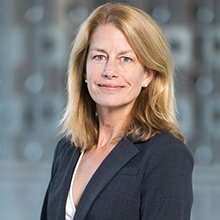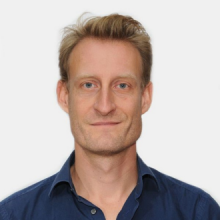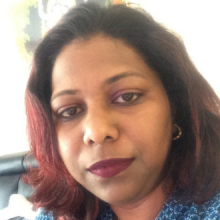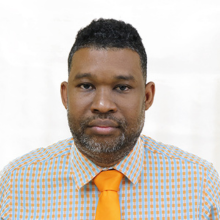- OVERVIEW
- AGENDA
- SPEAKERS
- RELATED
Caribbean-wide, there is an urgent need to measure poverty to understand exactly who is affected and how. Only by doing so can the region effectively implement corrective policies.
Many Caribbean countries struggle with weak statistical capacity and low data usage. According to the World Bank's Statistical Performance Indicator (SPI), which measures statistical capacity at the country level, the region ranks lowest in statistical performance compared to other regions, aligning more closely with low-income countries. With some exceptions, like Jamaica and the Dominican Republic, the most recent poverty estimates are between 6 and 8 years old. Furthermore, national poverty estimates are only available for the 2000s in more than a handful of countries. This data deficit hinders the effective tracking of Sustainable Development Goals related to poverty and inequality (SDG1: eradicating poverty in all its forms, and SDG 10: reducing inequality within and among countries) and the design of targeted poverty alleviation programs and policies.
In the past, even if data to measure poverty was available, it had not been used sufficiently for purposes other than national poverty monitoring. A recent World Bank effort harmonized data from living conditions and household budget surveys in four Caribbean countries with existing microdata (Grenada, Jamaica, Saint Lucia, and Suriname) to produce internationally comparable poverty and equity estimates and allow the inclusion of these estimates into global monitoring of SDG1 and SDG 10. These estimates are now available on the World Bank’s Poverty and Inequality Platform.
Harmonized welfare aggregates are essential for providing a consistent and comparable welfare measure across different populations or countries, allowing for global monitoring and benchmarking. This is especially valuable in regions like the Caribbean, where countries may have diverse economic contexts but share similar development objectives. Harmonized welfare aggregates facilitate cross-country analyses, inform policy decisions, and contribute to more effective regional cooperation and development strategies.
Join us for another Ask WB Caribbean on April 30, where we will present the global estimates of poverty and inequality in the Caribbean and discuss committing to regular and comprehensive data collection on poverty and key socio-economic indicators, investing in the capacity of national statistical offices and policy analysis units, and promoting data transparency and accessibility.
10:00 a.m. - 10:03 a.m. (Ja) / 11:00 a.m.- 11:03 a.m. (DC) |
Opening by Moderator- Jacobus Joost De Hoop, Senior Economist
|
| 10:04 a.m.- 10:08 a.m./ 10:04 a.m.-10:08 a.m. |
Welcome- Gail Richardson, Operations Manager |
| 10:09 a.m.- 10:10 a.m./ 11:09 a.m.-11:10 a.m. |
Introduction of Presentation/ Presenter- Moderator- Jacobus Joost De Hoop, Senior Economist |
| 10: 11a.m.- 10:30 a.m./ 11:11a.m.-11:30 a.m. |
Presentation- Trinidad Berenice Saavedra Facusse, Economist |
| 10: 31a.m.- 11:05 a.m./ 11: 31 a.m. - 12:05 p.m. |
Panel Discussion + Q&As (to include questions from audience) |
| 11:06 p.m.- 11:07 p.m./ 12:06 p.m. -12:07 p.m. |
Closing Remarks |
Date: April 30, 2024
Time: 11:00 AM - 12:15 PM ET
Location: Zoom





